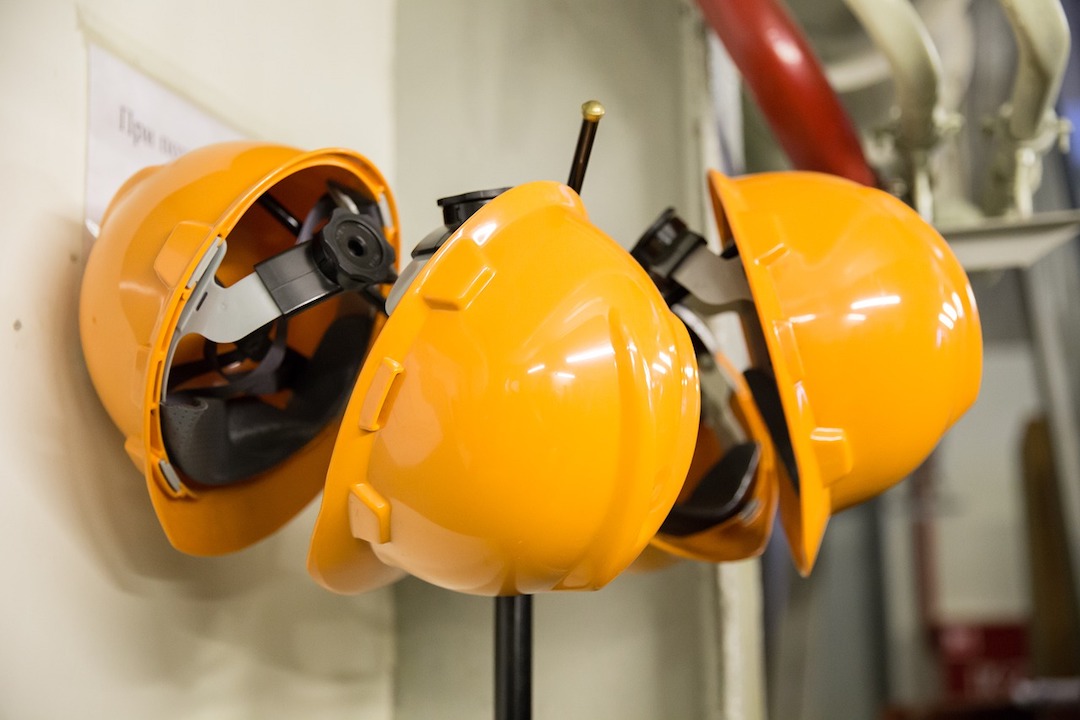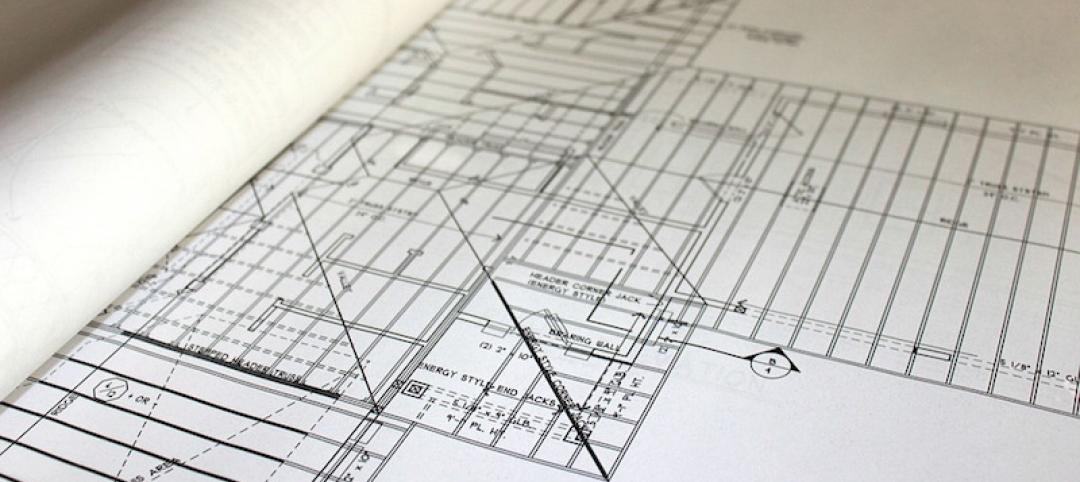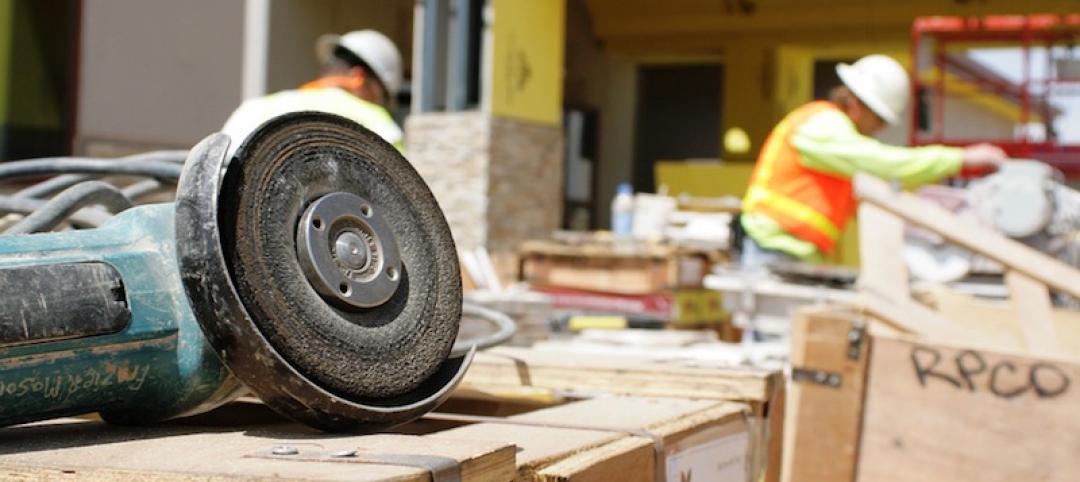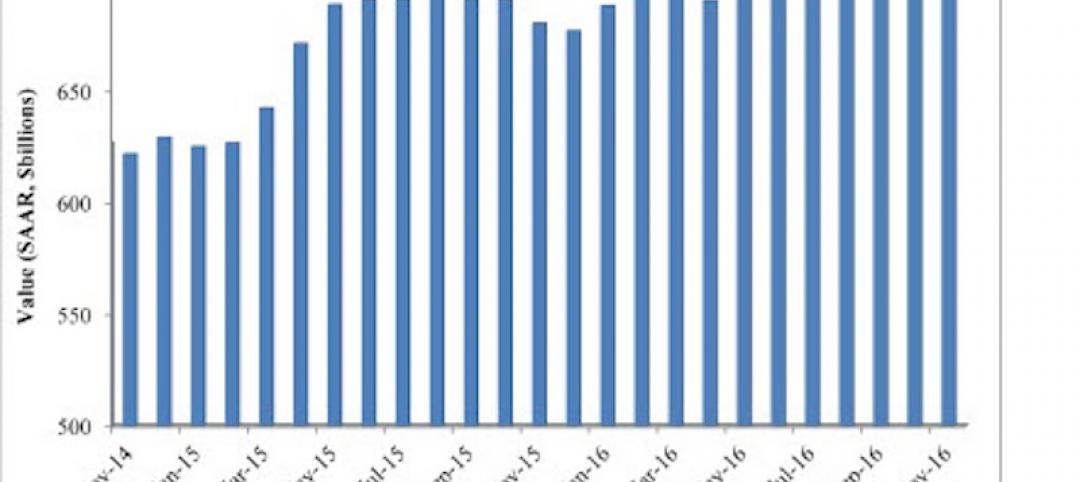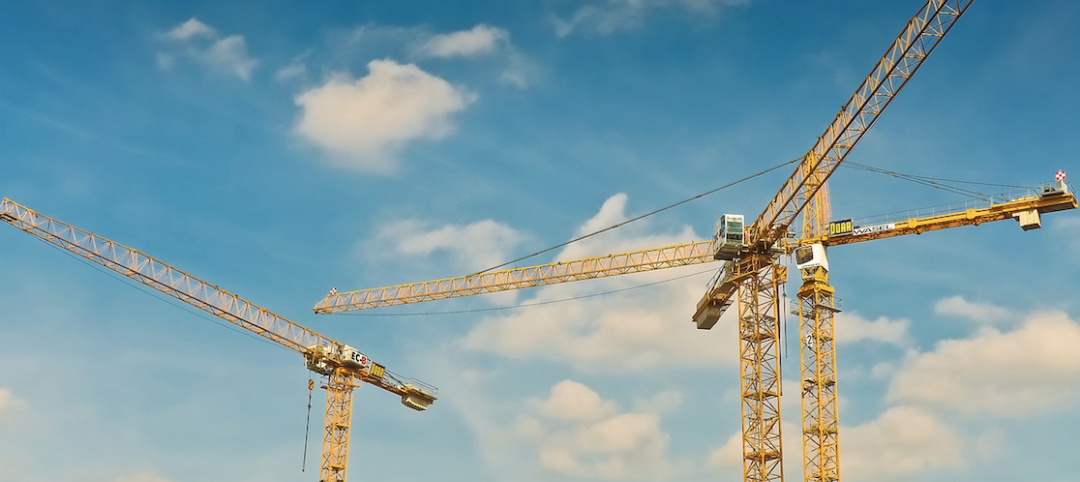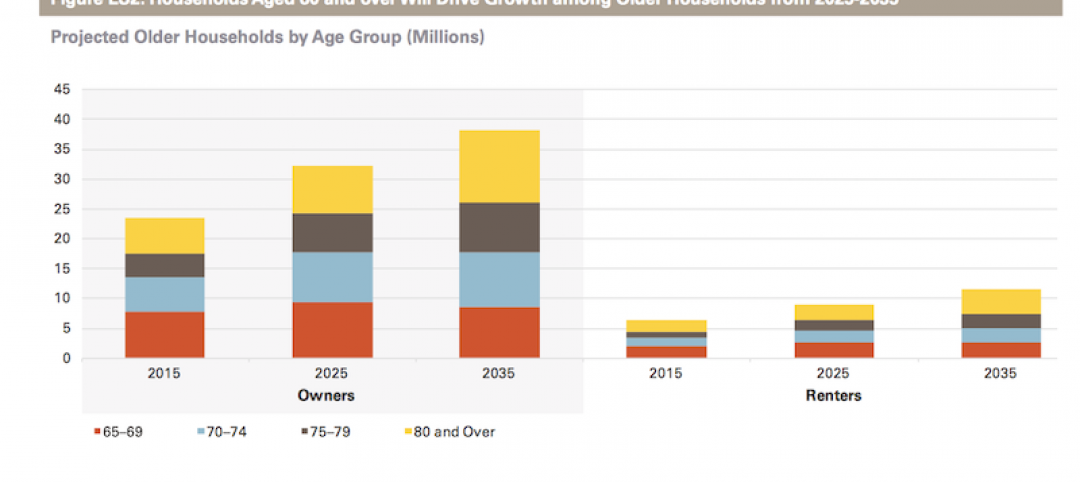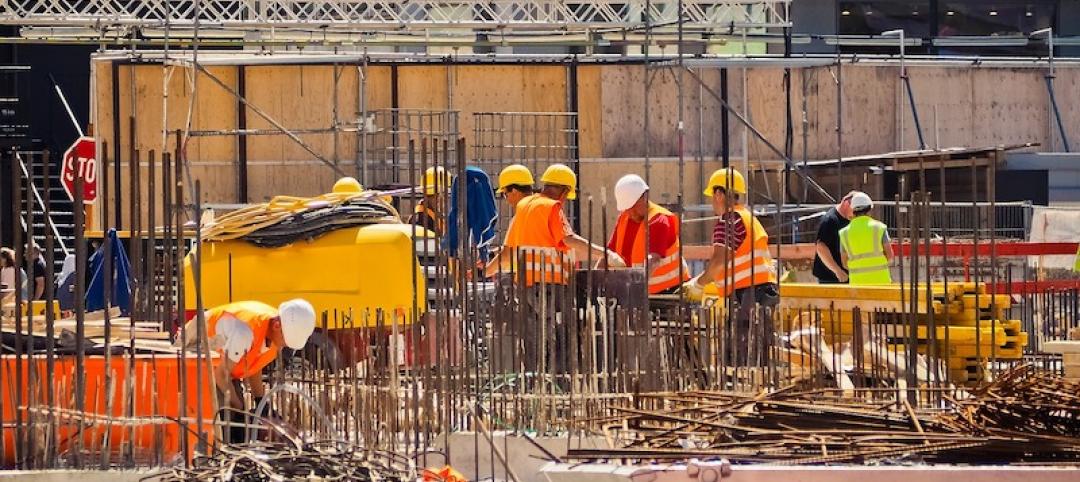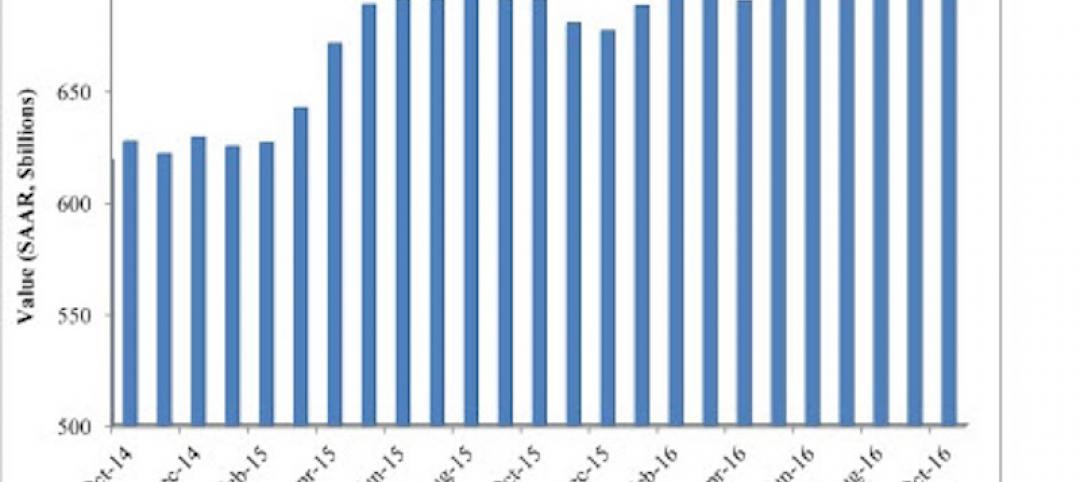Construction employment increased in nearly two out of three U.S. metro areas in 2021, according to an analysis by the Associated General Contractors of America of new government employment data. Yet association officials noted that labor shortages likely kept many firms from adding even more workers.
“Construction employment topped year-earlier levels in almost two-thirds of metros for the past few months,” said Ken Simonson, the association’s chief economist. “But contractors in many areas say they would have hired even more workers if qualified candidates were available.”
Job openings in construction totaled 273,000 at the end of December, an increase of 62,000 or nearly 30% from December 2020, according to the government’s latest Job Openings and Labor Turnover Survey. That figure exceeded the 220,000 employees that construction firms were able to hire in December, implying firms would have added over twice as many workers if they had been able to fill all openings, Simonson pointed out.
Construction employment rose in 231 or 65% of 358 metro areas in 2021. Houston-The Woodlands-Sugar Land, Texas added the most construction jobs (8,800 jobs, 4%), followed by Chicago-Naperville-Arlington Heights, Ill. (6,500 jobs, 5%) and Los Angeles-Long Beach-Glendale, Calif. (6,300 jobs, 4%). Sioux Falls, S.D. had the highest percentage gain (24%, 2,100 jobs), followed by Beaumont-Port Arthur, Texas (18%, 3,000 jobs) and Atlantic City-Hammonton, N.J. (18%, 900 jobs).
Construction employment declined from a year earlier in 76 metros and was flat in 51. Nassau County-Suffolk County, N.Y. lost the most jobs (-5,700 or -7%), followed by New York City (-4,200 jobs, -3%) and Baltimore-Columbia-Towson, Md. (-3,800 jobs, -5%). The largest percentage declines were in Evansville, Ind.-Ky. (-18%, -1,700 jobs); Napa, Calif. (-15%, -600 jobs); Anchorage, Alaska (-14%, -1,400 jobs); and Lewiston, Idaho-Wash. (-13%, -200 jobs). Seven areas set all-time lows for December, while 57 metros reached new December highs for construction jobs.
Association officials said that the growing number of job openings in the industry was a clear sign that labor shortages are getting worse. They noted that the association’s recently released 2022 Construction Hiring and Business Outlook found that 83% of contractors report having a hard time finding qualified workers to hire. They urged Congress and the Biden administration to boost funding for career and technical education to help recruit and prepare more people for high-paying construction careers.
“For every dollar the federal government currently invests in career and technical education, it spends six urging students to attend college and work in an office,” said Stephen E. Sandherr, the association’s chief executive officer. “Narrowing that funding gap will help more people understand that there are multiple paths to success.”
View the metro employment data, rankings, top 10, and new highs and lows.
Related Stories
High-rise Construction | Jan 23, 2017
Growth spurt: A record-breaking 128 buildings of 200 meters or taller were completed in 2016
This marks the third consecutive record-breaking year for building completions over 200 meters.
Market Data | Jan 18, 2017
Fraud and risk incidents on the rise for construction, engineering, and infrastructure businesses
Seven of the 10 executives in the sector surveyed in the report said their company fell victim to fraud in the past year.
Market Data | Jan 18, 2017
Architecture Billings Index ends year on positive note
Architecture firms close 2016 with the strongest performance of the year.
Market Data | Jan 12, 2017
73% of construction firms plan to expand their payrolls in 2017
However, many firms remain worried about the availability of qualified workers.
Market Data | Jan 9, 2017
Trump market impact prompts surge in optimism for U.S. engineering firm leaders
The boost in firm leader optimism extends across almost the entire engineering marketplace.
Market Data | Jan 5, 2017
Nonresidential spending thrives in strong November spending report
Many construction firms have reported that they remain busy but have become concerned that work could dry up in certain markets in 2017 or 2018, says Anirban Basu, ABC Chief Economist.
Market Data | Dec 21, 2016
Architecture Billings Index up slightly in November
New design contracts also return to positive levels, signifying future growth in construction activity.
Market Data | Dec 21, 2016
Will housing adjust to an aging population?
New Joint Center report projects 66% increase in senior heads of households by 2035.
Market Data | Dec 13, 2016
ABC predicts modest growth for 2017 nonresidential construction sector; warns of vulnerability for contractor
“The U.S. economy continues to expand amid a weak global economy and, despite risks to the construction industry, nonresidential spending should expand 3.5 percent in 2017,” says ABC Chief Economist Anirban Basu.
Market Data | Dec 2, 2016
Nonresidential construction spending gains momentum
Nonresidential spending is now 2.6 percent higher than at the same time one year ago.


